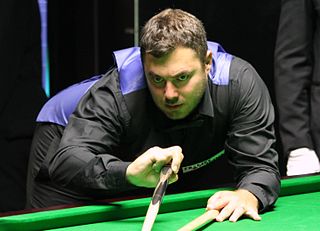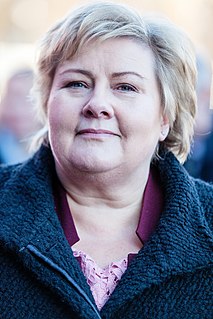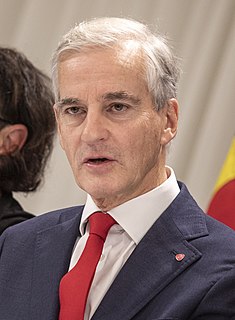A Quote by Jens Stoltenberg
The main experience, I think, is that we have managed: people moving to Norway has made Norway richer, economically, but also our culture has become more rich in many ways.
Related Quotes
Generally speaking, I don't think people know a great deal about the Viking culture, apart from the label that is usually attached to them, either pillagers or deviants who came and brought back loot to Norway. It was an incredibly sophisticated, complex and layered culture. They had their own laws, many of which protected women.
Ellen Galinsky's surveys at the Families and Work Institute pointed to a desirable norm for many parents for working not full-time, but part-time. And I get that. I mean, Norway has a 35-hour work week. That counts as part-time for us in the United States, you know. And Norway's doing well, by the way.































